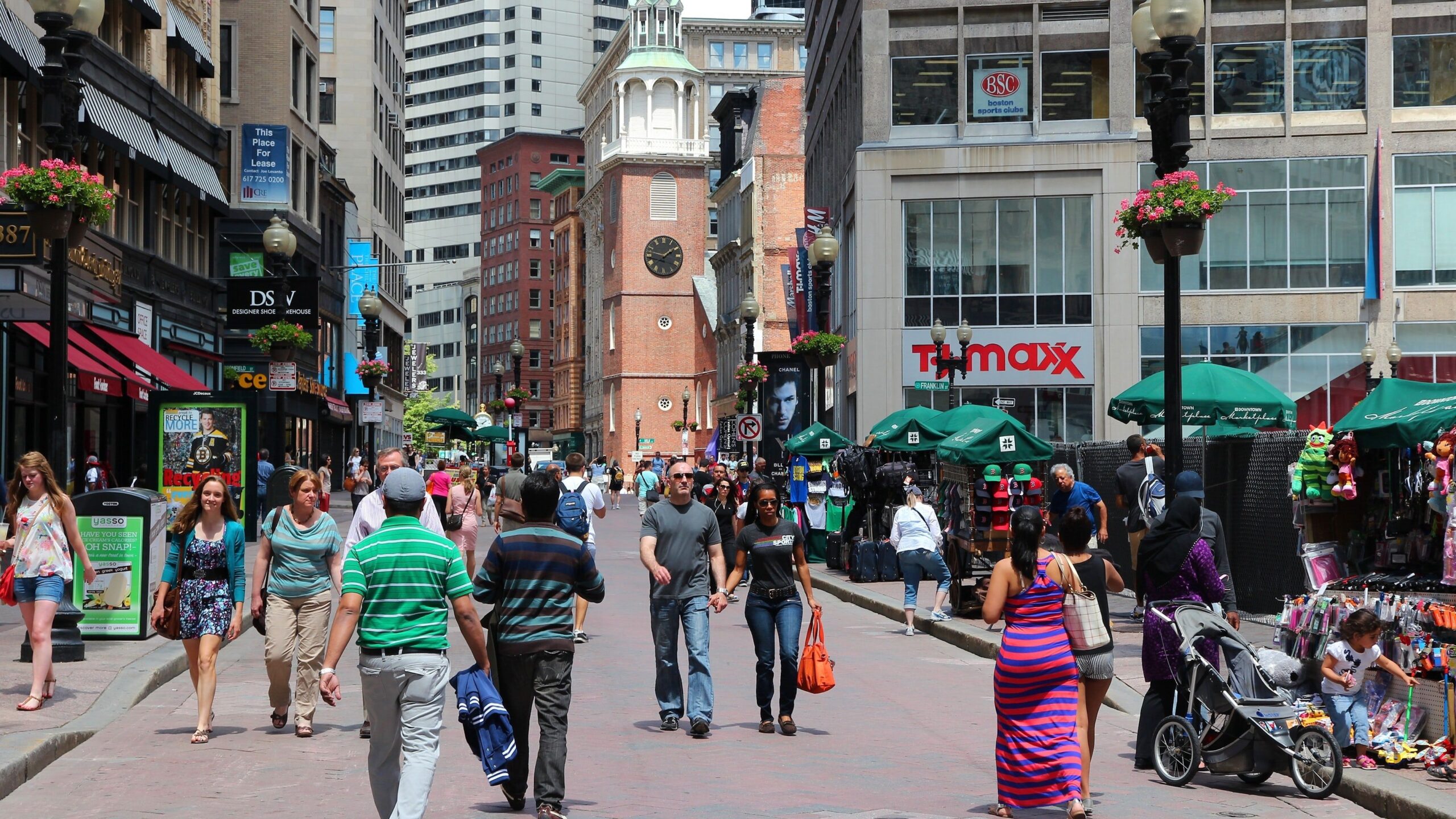
US retail sales rebounded in February, driven by increases at auto dealerships and gasoline service stations, but consumer spending is slowing as households grapple with inflation and higher borrowing costs.
Retail sales rose 0.6 percent last month, the Commerce Department’s Census Bureau said on Thursday. Data for January was revised lower to show sales tumbling 1.1 percent instead of 0.8 percent as previously reported. Economists polled by Reuters had forecast retail sales, which are mostly goods and are not adjusted for inflation, rising 0.8 percent in February.
Sales were held down in January in part by frigid temperatures and difficulties adjusting the data for seasonal fluctuations. With those factors largely out of the way, sales are reverting to a more normal pattern.
Retail sales excluding automobiles, gasoline, building materials and food services were unchanged in February.
This so-called core retail sales measure corresponds most closely with the consumer spending component of gross domestic product. Core sales for January were revised to show them decreasing 0.3 percent instead of 0.4 percent as previously reported.
Consumer spending is cooling in the first quarter after helping to fuel economic growth in the October-December quarter. Spending, however, remains supported by a fairly tight labour market. Economists see no imminent recession.
The Atlanta Federal Reserve is forecasting GDP increasing at a 2.5 percent annualised rate in the first quarter. The economy grew at a 3.2 percent pace in the fourth quarter.
Consumer spending is holding up despite higher inflation, though households are increasingly focusing on essentials and cutting back on discretionary spending. The Federal Reserve has raised interest rates by 525 basis points to the current 5.25 percent to 5.50 percent range since March 2022. The US central bank is expected to start cutting rates by June.
A separate report from the Labour Department on Thursday showed initial claims for state unemployment benefits fell 1,000 to a seasonally adjusted 209,000 for the week ended March 9. Economists had forecast 218,000 claims in the latest week.
The number of people receiving benefits after an initial week of aid, a proxy for hiring, increased 17,000 to 1.811 million during the week ending March 2.
The government revised the data for both initial and continuing claims from 2019 through 2023. It also implemented new models to seasonally adjust both initial claims and continued claims this year and the revised seasonal factors for both series from 2019 through 2023.
By Lucia Mutikani; Editing by Chizu Nomiyama
Learn more:
US Retail Sales Drop by Most in Nearly a Year After Holidays
The value of retail purchases, unadjusted for inflation, decreased 0.8 percent from December after a downward revision to the prior month, Commerce Department data showed Thursday. The drop was the biggest in nearly a year.



